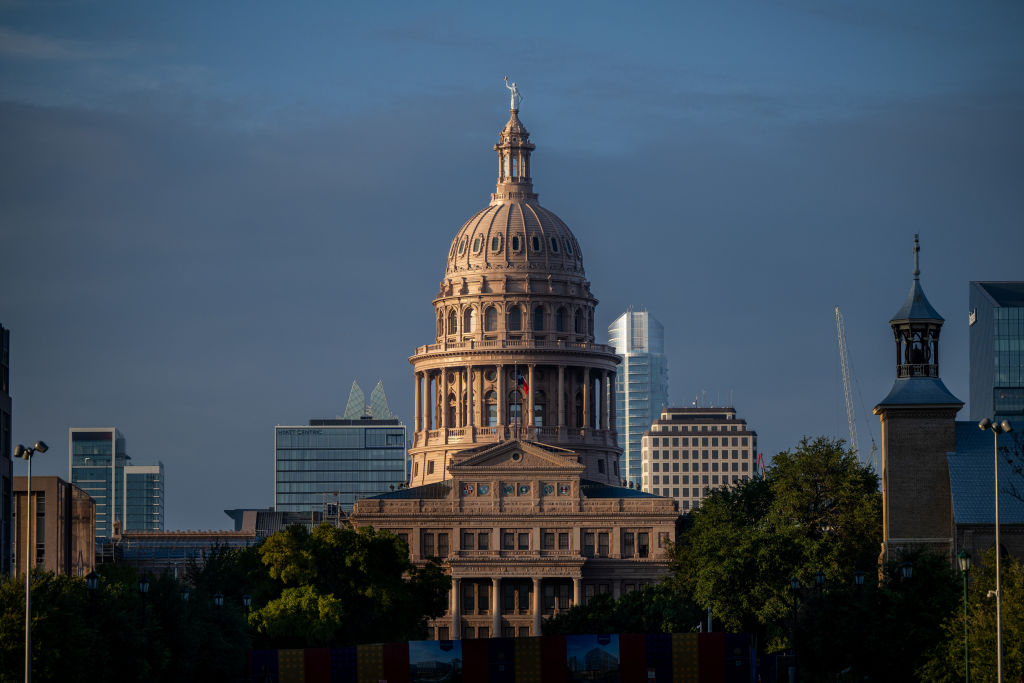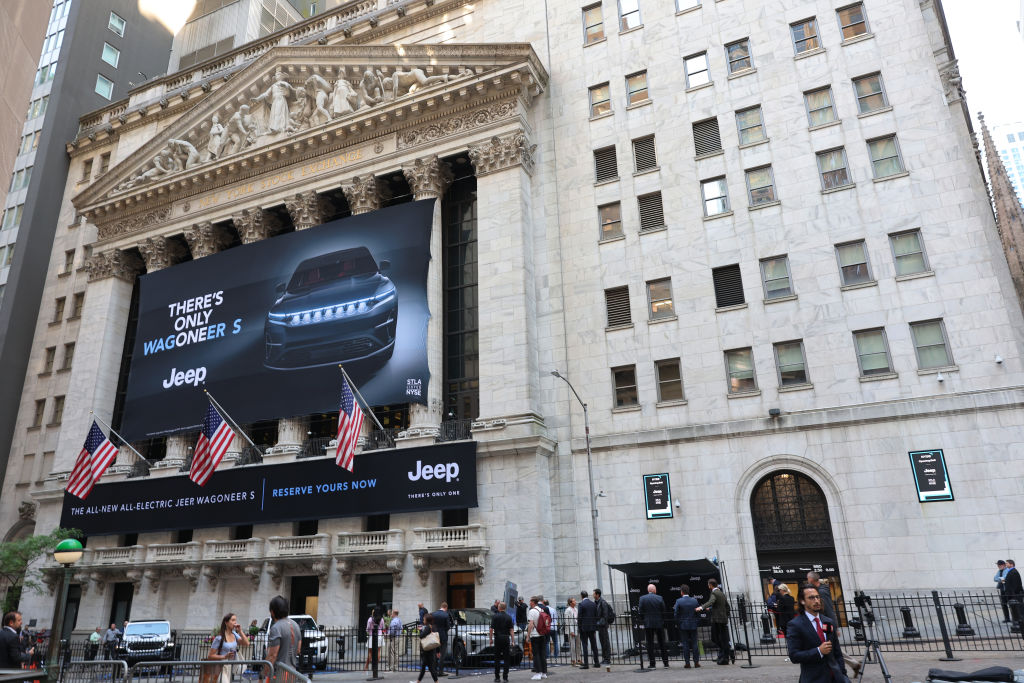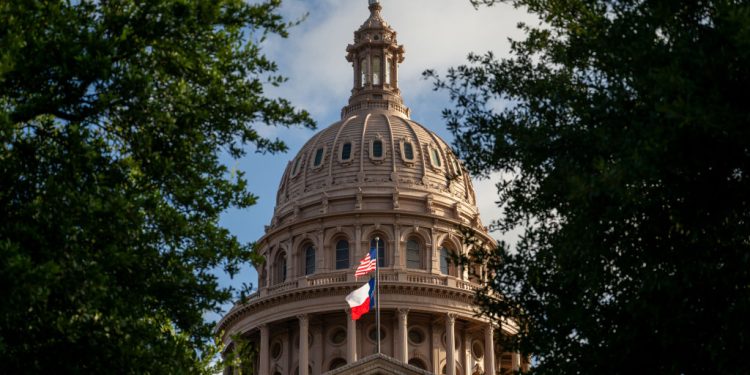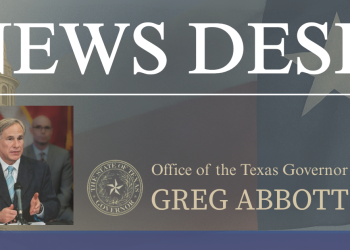Texas has long been recognized as a business-friendly state, as highlighted by the Texas Economic Development & Tourism agency. Known for its robust support of enterprises, Texas offers a unique combination of competitive advantages that no other state can claim.

Texas is synonymous with liberty, which is one reason the Lone Star State has led the nation in population growth over the past 18 years and continues to be a top state for job creation. As the world’s 8th largest economy, Texas boasts a favorable business climate with no corporate or personal income tax, a highly skilled and diverse workforce, easy access to global markets, strong infrastructure, and a reasonable regulatory environment.
These factors have helped Texas win the Governor’s Cup for the most new and expanded corporate facility projects in the nation for a record-breaking 12th consecutive year. Additionally, Texas consistently ranks as the Best State for Business by the nation’s top CEOs. “Made in Texas” is a powerful global brand, and by empowering entrepreneurs and innovators and securing the freedom to aspire, Texas is poised to remain the best state for businesses of all sizes.
Recently, major Wall Street firms such as Citadel Securities and BlackRock have expressed significant interest in establishing a Texas Stock Exchange. This initiative aims to rival the New York Stock Exchange (NYSE) and Nasdaq, both headquartered in New York.

This development occurs against a backdrop of recent contentious legal actions, including the felony conviction of the presumptive GOP presidential nominee and a highly publicized civil ruling against Donald Trump. The ruling, brought forth by New York Attorney General Letitia James, found Trump guilty of repaying real estate loans on time—a typical business practice that the New York justice system has interpreted as grounds to dismantle his business empire. In response, business leaders from various political backgrounds have vowed to move their operations out of New York, increasingly seen as hostile due to its apparent targeting of political adversaries through civil and criminal legal systems.
New York is not alone in what some view as self-defeating legal actions. Last week, Tesla shareholder and Texas resident Nate Fischer wrote to the SEC advocating for Tesla’s relocation to Texas, arguing that staying in Delaware is “no longer tenable.” Fischer criticized the weaponization of courts by partisan jurisdictions to attack political foes, noting that businesses, not just politicians, are becoming targets of aggressive partisan lawfare. Earlier this year, Delaware, traditionally a business-friendly state, struck down Elon Musk’s shareholder-approved compensation package at the urging of a Democratic partisan.
In response, Musk advised against incorporating companies in Delaware and reincorporated SpaceX in Texas, expressing his frustration on social media.
SpaceX has moved its state of incorporation from Delaware to Texas!
If your company is still incorporated in Delaware, I recommend moving to another state as soon as possible. pic.twitter.com/B7FLByL2dY
— Elon Musk (@elonmusk) February 15, 2024
Musk’s acquisition of Twitter, now renamed X, has made him a frequent target of political actors. Fischer’s letter warns of potential future legal actions in Delaware, claiming that activists and law professors are eager to sue Tesla again if shareholders do not approve a move, arguing that Musk’s compensation package constitutes corporate “waste.” The outcome of this shareholder vote will be significant. If Texas secures Tesla, one of the world’s largest companies, it will be a major victory for the state, which Fischer believes is a more aligned home for the electric car manufacturer.
Given these recent legal developments, including Trump’s felony conviction and Steve Bannon’s jailing for contempt of a politicized court, an important question arises: Can Texas become a sanctuary for businesses and a safe haven for its citizens from politically motivated legal attacks?






